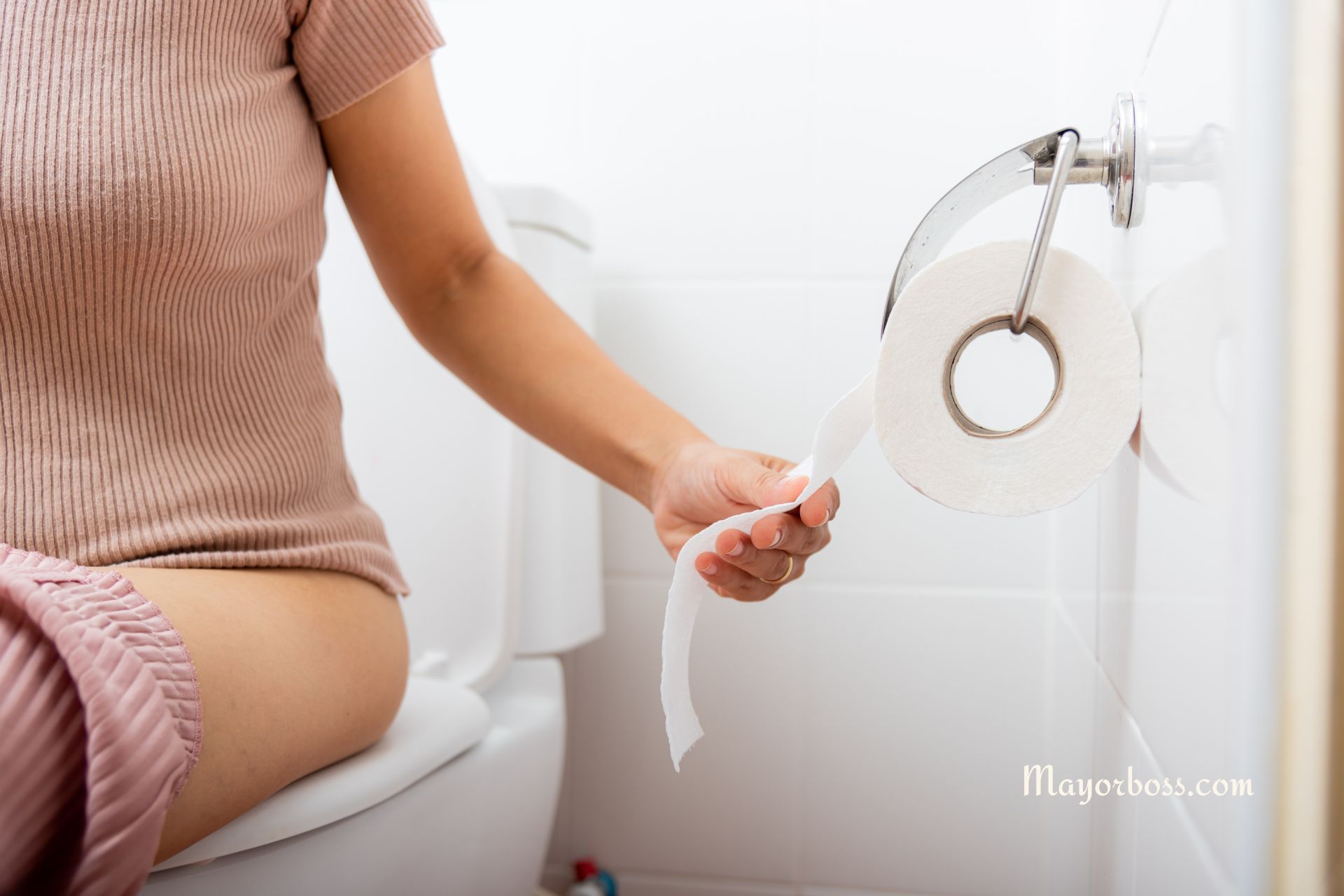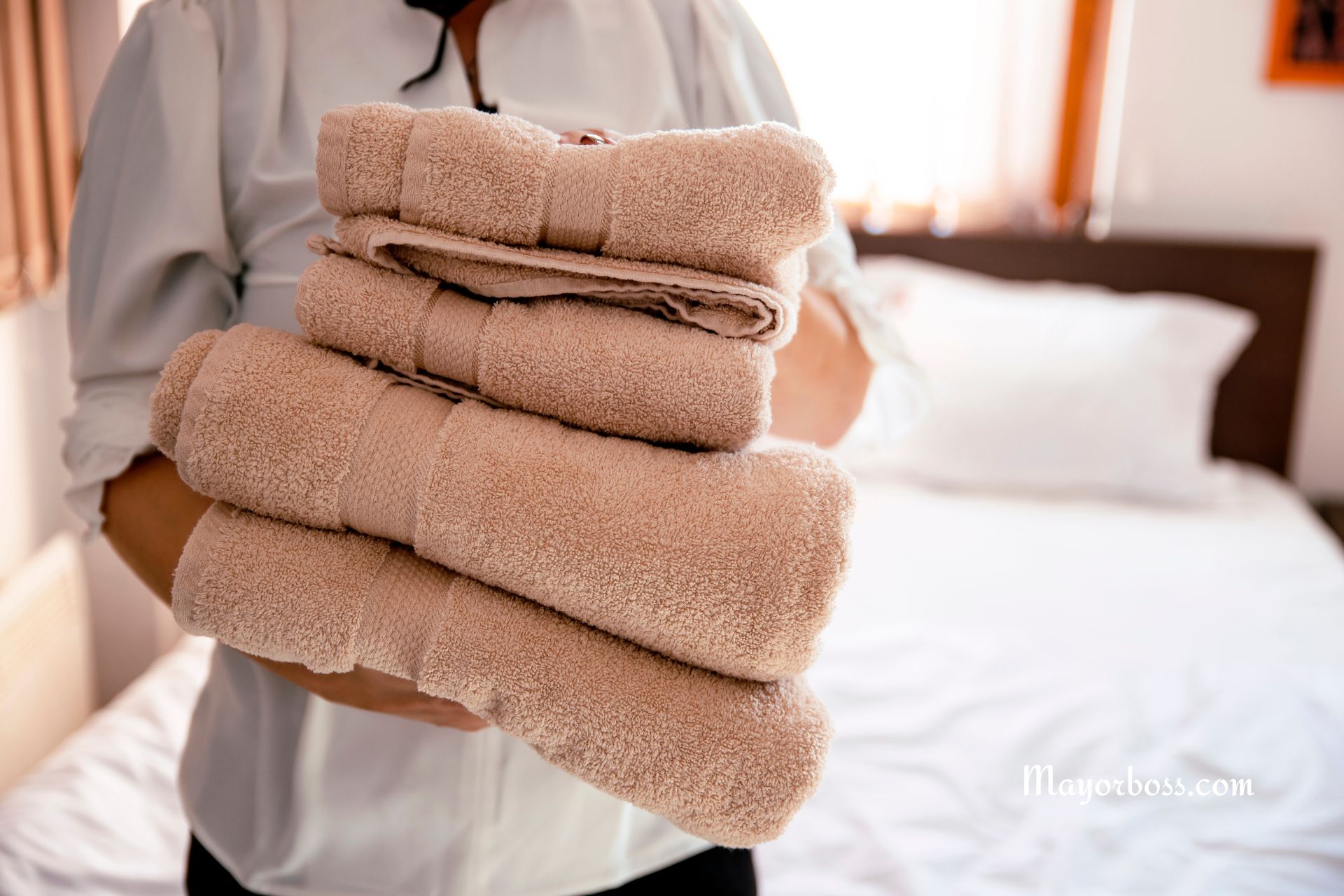Why You Should Stop Using Toilet Paper

Do you often consider the health implications of everyday products you use? Toilet paper, a staple in most households, might seem harmless, but it can actually pose several health risks. Let’s examine why you might want to rethink using traditional toilet paper.
The Hidden Irritants in Toilet Paper
Toilet paper, especially the kind that is bleached and perfumed, contains chemicals that can be harsh on your skin. For instance, many toilet papers are processed with chlorine bleach to achieve that bright white color. This process creates dioxins, known carcinogens that can linger on the paper you use. Moreover, fragrances added for a pleasant scent can lead to allergic reactions and skin irritation. If you’ve ever experienced discomfort or rashes in sensitive areas, your toilet paper could be the culprit.
The Incomplete Clean
Let’s face it: toilet paper doesn’t always do the best job when it comes to cleanliness. It often leaves behind traces of fecal matter, which can lead to discomfort and health issues such as urinary tract infections. For women, this is particularly concerning as bacteria can easily travel and cause infections.
The Roughness Factor
Think about the physical texture of toilet paper. The rougher the paper, the more abrasive it can be. Even if it feels soft to your hands, the delicate skin in more sensitive areas might disagree. Frequent wiping with even slightly abrasive paper can cause micro-tears in the skin, leading to discomfort, itching, and increased susceptibility to infections.
Increased Risk of Hemorrhoids
Using toilet paper can exacerbate hemorrhoids, a common but often unspoken health issue. The friction caused by dry wiping can irritate existing hemorrhoids, leading to bleeding, discomfort, and even pain. This can turn daily necessities into dreaded activities.
Environmental Impact
Did you know that millions of trees are cut down each year just to make toilet paper? That’s a huge environmental cost for something that’s used once and then flushed away. Plus, the production process involves high levels of water and energy consumption, adding to its ecological footprint.
Alternatives to Toilet Paper
So, what can you use instead of traditional toilet paper? Here are a few alternatives that might be healthier for your body:
- Bidets: These devices spray a gentle stream of water to clean, which is more effective and less irritating than wiping with paper.
- Flushable Wet Wipes: If you prefer the convenience of toilet paper, look for alcohol-free and unscented wet wipes that are better for sensitive skin and provide a more thorough clean.
- Reusable Cloths: These are like the cloth diapers used for babies but for adults. You can wash them and reuse them multiple times. It’s a good idea to choose a fabric that’s gentle on the skin.
Each of these alternatives offers a way to reduce the health risks associated with traditional toilet paper while also potentially increasing your comfort and hygiene.
Frequently Asked Questions
1. Are bidets really more sanitary than toilet paper? Absolutely. Bidets use water, which cleans more effectively than dry paper, reducing the risk of bacteria spreading and infections.
2. Can using wet wipes cause plumbing issues? Yes, even wipes labeled as flushable can cause blockages in your plumbing over time. It’s better to dispose of them in a trash bin.
3. How do I transition from toilet paper to a bidet or reusable cloth? Start gradually. You might use toilet paper in conjunction with the new method until you find what works best for your comfort and lifestyle.
Switching from toilet paper may seem daunting, but it’s a change that could significantly benefit your personal health. Give it a thought next time you reach for that roll.






